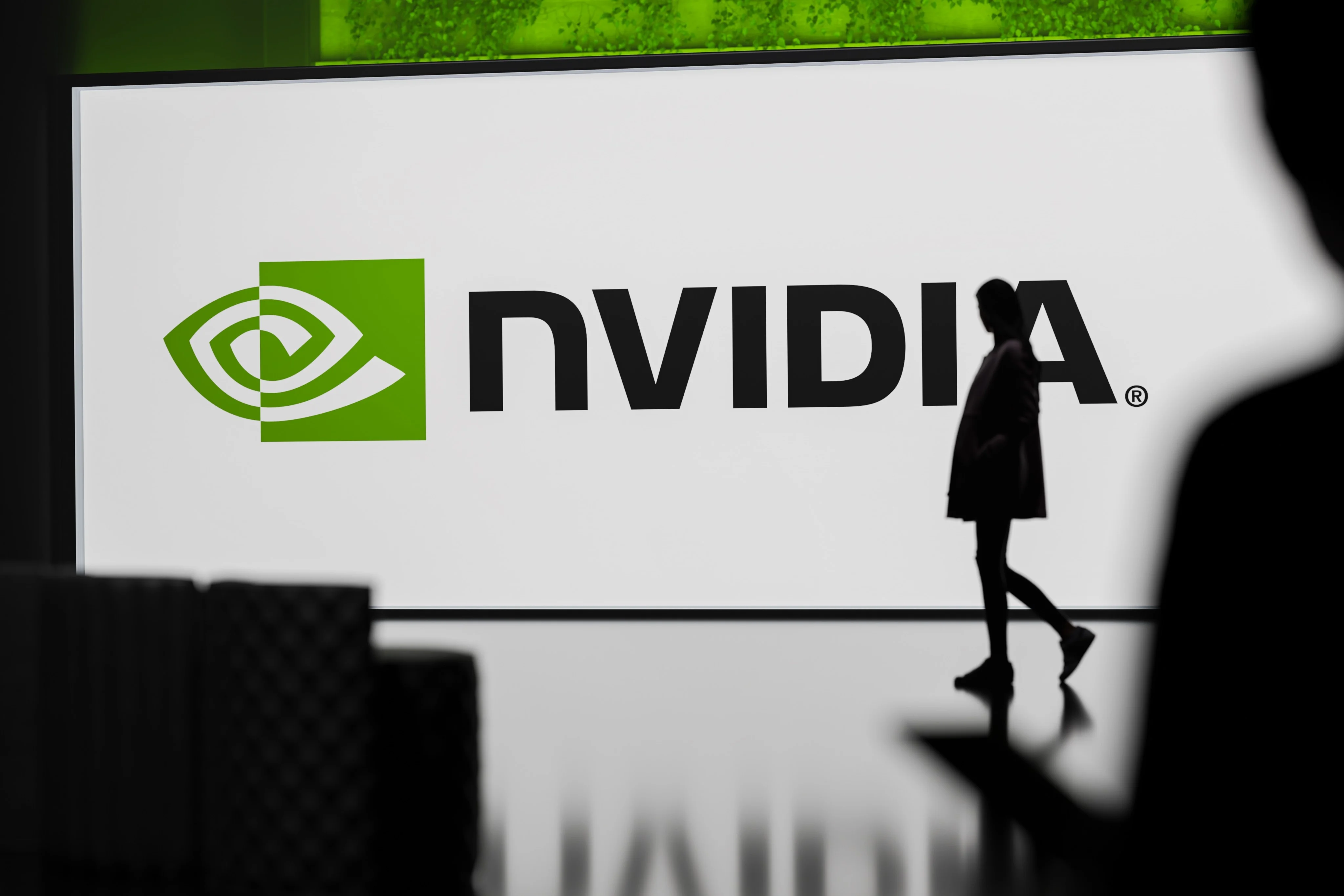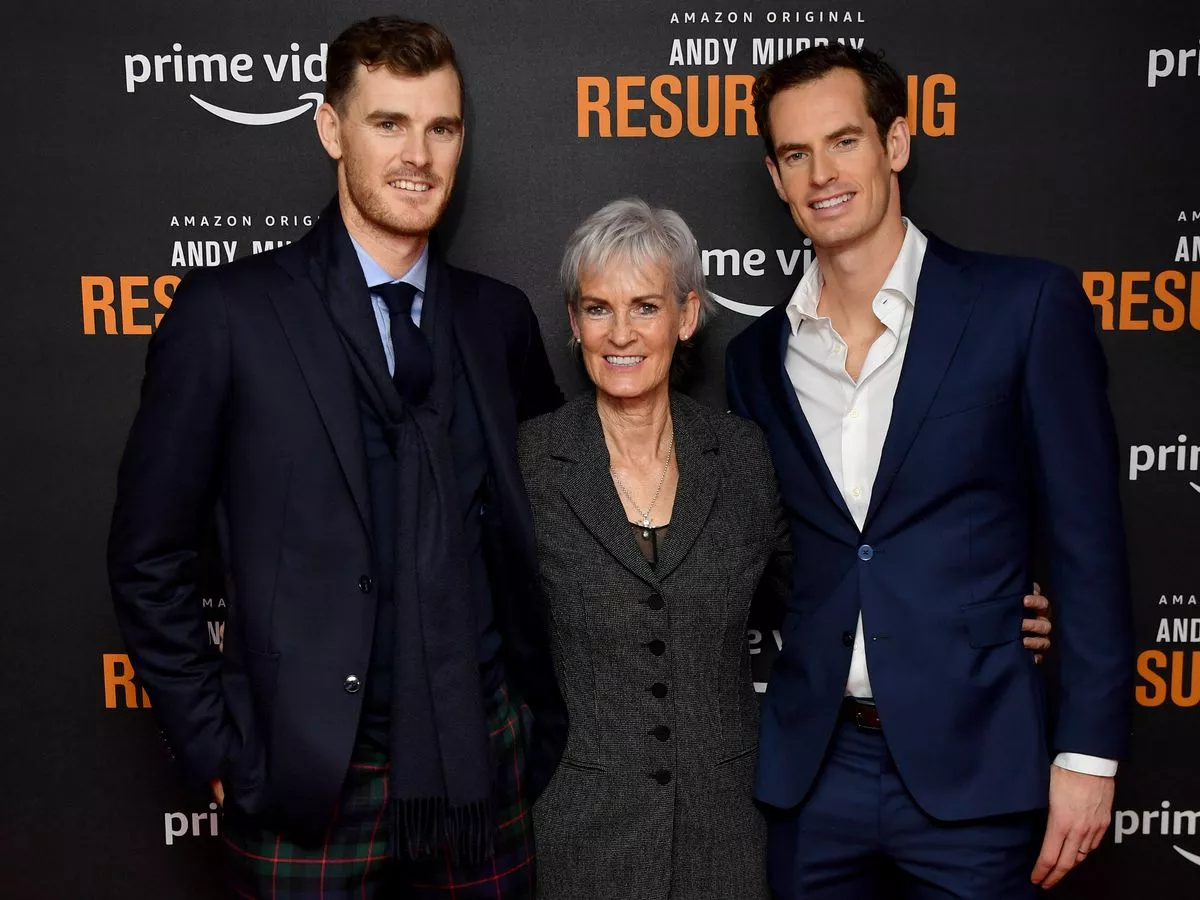By Bloomberg
Copyright scmp

Nvidia has reached an agreement to invest as much as US$100 billion in OpenAI to support new data centres and other artificial intelligence infrastructure, a blockbuster deal that underscores the booming demand for AI tools like ChatGPT and the computing power needed to run them.
The companies announced the agreement on Monday, saying they had signed a letter of intent for a strategic deal.
The investment aims to help OpenAI build data centres with a capacity of at least 10 gigawatts of power. They would be equipped with Nvidia’s advanced chips to train and deploy AI models.
The money would be provided in stages, with the first US$10 billion coming when the deal is signed, sources said. Nvidia is making the investment in cash and would receive OpenAI equity as part of the deal, sources added.
Further increments would follow when each gigawatt of computing power is deployed.
Investors applauded the tie-up, sending Nvidia shares up 3.9 per cent in New York trading. The stock has gained 37 per cent this year, cementing the company’s status as the most valuable business on Earth.
OpenAI, meanwhile, is the world’s biggest tech start-up. Bloomberg News reported last month that it was in early talks about a stock sale valuing the company at US$500 billion.
The companies are helping lead a global push to build data centres for a new generation of AI tools – an undertaking that is expected to cost trillions of dollars. The effort requires advanced chips, servers, cooling systems and enormous amounts of electricity.
The scope of the Nvidia-OpenAI endeavour would be particularly massive: 10 gigawatts is equivalent to the peak electricity demand of New York City.
“This investment and infrastructure partnership mark the next leap forward – deploying 10 gigawatts to power the next era of intelligence,” Nvidia CEO Jensen Huang said in a statement.
Nvidia has been using its financial might to make sure the company’s technology remains at the heart of AI systems. Its deal with OpenAI deepens ties with a key player that is working to expand its own AI infrastructure.
The agreement signals that OpenAI would remain a key Nvidia customer, even as the company seeks other suppliers.
Nvidia has also positioned itself as a champion of domestic technology infrastructure – a priority of the Trump administration. The Santa Clara, California-based chipmaker has been working to build goodwill with the White House at a time when it needs Washington to ease Chinese export restrictions.
Last week, Nvidia agreed to invest as much as $5 billion in Intel, the long-struggling chipmaker that is now partially owned by the US government.
On Monday, OpenAI CEO Sam Altman said the Nvidia deal would lead to new AI breakthroughs by securing the necessary computing power.
“Everything starts with compute,” he said in a statement. “Compute infrastructure will be the basis for the economy of the future.”
OpenAI’s ChatGPT is used by roughly 700 million people weekly and takes an intensive amount of computing power to service and build its products. In the past, the company has faced computing constraints in its ability to meet customer demand, particularly around new releases.
On Sunday, Altman posted on social media that his company would be launching some new “compute-intensive” product offerings in the next few weeks, but neither Nvidia nor OpenAI provided details.
In their announcement of the deal, the companies said they “looked forward to finalising the details of this new phase of the strategic partnership in the coming weeks”.
According to Huang, the project would encompass as many as 5 million of Nvidia’s chips, a number equal to that which the company would ship this year. He called it a “giant project” in an interview on CNBC.
Nvidia was also part of recent deals to expand the computing infrastructure in the UK, France and the Middle East, and has backed a number of AI start-ups.
Huang “appears to be on a deal tear at the moment,” said Stacy Rasgon, an analyst at Bernstein Research. “The magnitude of this OpenAI partnership appears to dwarf all the others, though.”
The revenue impact from the partnership is likely to be larger than the investment itself, he said. One gigawatt worth of data centre power would probably involve several tens of billions of dollars of Nvidia products, Rasgon said.
In a separate statement, Nvidia said the OpenAI deal would not mean that other customers would get lower priority.
“Our investments will not change our focus or impact supply to our other customers,” the company said. “We will continue to make every customer a top priority, with or without any equity stake.”
The company ended its most recent quarter with $56.8 billion of cash and equivalents, and CFO Colette Kress said this month that Nvidia would use its growing financial strength to help speed up the deployment and use of AI computing.
Nvidia dominates the market for AI accelerators, the powerful chips that help develop and run AI models. Its growing influence over the tech industry has drawn scrutiny, with the US Justice Department probing last year whether the chipmaker violated antitrust laws.
US President Donald Trump even considered breaking up Nvidia to increase competition, but acknowledged it would be hard for rivals to catch up.
Monday’s deal is the latest big-budget data centre agreement to be announced this year.
OpenAI and Oracle forged a partnership in July to build 5 gigawatts of data centre capacity, including a facility under construction in Abilene, Texas, as part of a project branded as Stargate.
In January, OpenAI, Oracle and SoftBank Group said they would invest $500 billion in 10 gigawatts of computing power over the next four years.
The massive surge in investment in AI has sparked fears of a market bubble akin to the dot-com boom and bust of 2000.
Altman himself acknowledged the existence of a bubble last month but argued that AI would provide transformative value to the economy and that smaller, overvalued start-ups are the ones most at risk.



